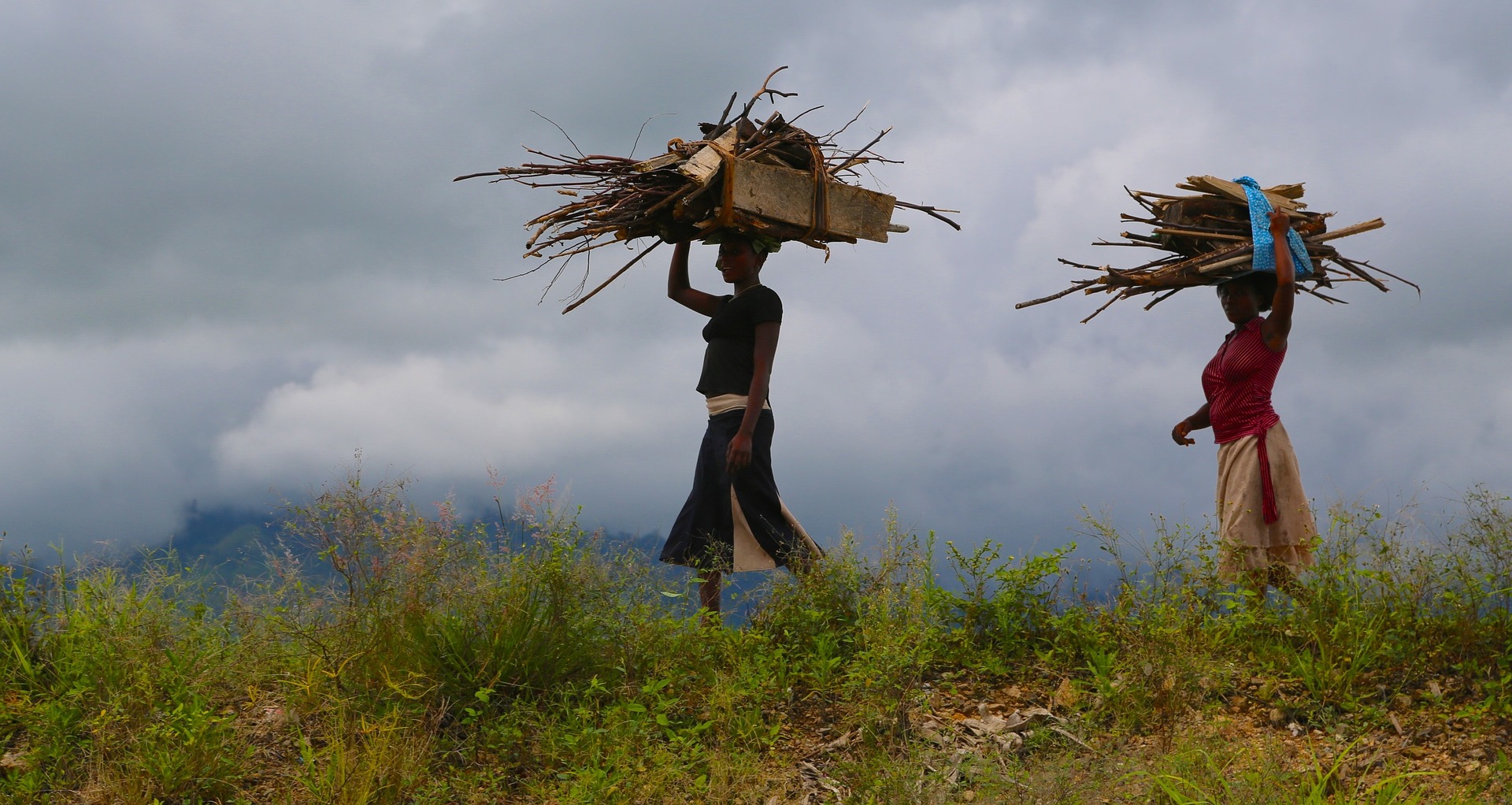Why Uganda is called the "best place to be a refugee"

For several decades, Uganda has generously been hosting refugees and asylum seekers from its conflict-afflicted neighbors. It has received praise from the UN for its refugee laws, some of the most progressive in the world.
Since achieving independence in 1962, the country has been hosting an average of 161,000 refugees per year. It received more refugees than any other country in 2016—more people arrived in the Uganda than crossed the Mediterranean into Europe. The bulk of the new arrivals (489,000) came from South Sudan, with a smaller number (18,600) coming from Burundi.
Refugees in Uganda have access to all social services such as health and education. They also have freedom of movement and are entitled to work.
Refugees are viewed as people who can contribute positively to the economy and create jobs for the local Ugandan population. They not only play an important role in cross-border trade, but also trace their trade networks on import and export as far as China and Dubai. On the Ugandan market, refugee entrepreneurs are valued providers of goods and services, positively contributing to the economy.
Refugee entrepreneurs not only create jobs for fellow refugees, but in many cases employ locals. Among urban refugee entrepreneurs, 40% of those they employ are Ugandans.
The situation differs in OECD countries where, Pieter Bevelander writes, “Existing studies show that refugees have a lower employment rate and income level than family reunion migrants and labor migrants, but that over time this income and employment gap diminishes or disappears altogether.” He concludes, “Given the long-term gap in labor market integration experienced by refugees, host countries are missing out on the potential economic gains offered by refugee immigration.”
However, one significant limitation of Uganda’s legal framework is that it does not provide a permanent solution of citizenship for refugees who can neither repatriate nor be resettled elsewhere. In the absence of voluntary repatriation or third-party resettlement, refugees in Uganda remain as such for life, a fate shared by their children and even their grandchildren.
Chiara Strozzi, writing about The changing nature of citizenship, says, “A new concept of citizenship should be considered that recognizes people as mobile individuals who are interconnected and interdependent across national boundaries. Citizenship and the associated rights and duties should be based predominantly on the principle of residence in a territory, thus encouraging migrant self-determination and integration.”
Get in touch with our Topic Spokespeople for specific labor market queries.